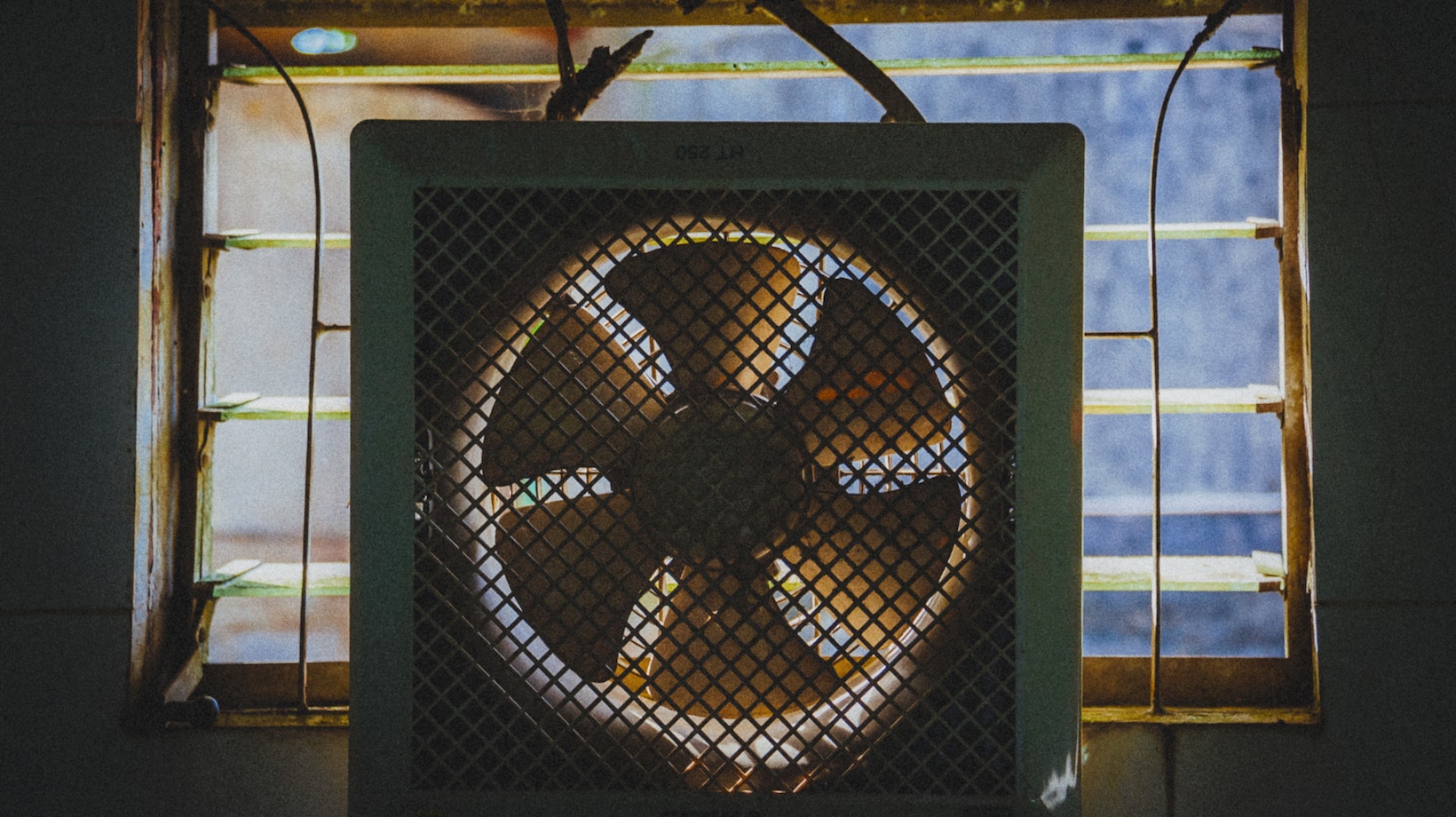Are you looking for a solution to keep your garage well-ventilated? Look no further than exhaust fans for your garage! These powerful ventilation systems are designed specifically for garages, effectively removing fumes, heat, and moisture from the space. With their ability to improve air quality and control temperature, exhaust fans provide numerous benefits for both residential and commercial garages.
One of the primary advantages of installing an exhaust fan in your garage is the elimination of harmful fumes. Whether you’re working on automotive projects or using chemicals, these fans help prevent the buildup of toxic gases by continuously circulating fresh air. Additionally, exhaust fans can effectively reduce heat build-up in hot summer months, creating a more comfortable environment for working or storing items in your garage.
Not only do exhaust fans improve air quality and regulate temperature in your garage, but they also combat moisture problems. If you live in a humid climate or use water-based equipment like pressure washers or car wash stations, excess moisture can accumulate inside the garage. This can lead to mold growth and damage to stored items. By installing an exhaust fan, you can efficiently remove humidity and prevent these issues from occurring.
Table of Contents
ToggleExhaust Fans For Garage
When it comes to selecting the right size exhaust fan for your garage, there are a few important factors to consider. Determining the ventilation needs, measuring the garage space, and considering noise levels are all crucial in making an informed decision.
Determining the Ventilation Needs
To start off, it’s essential to assess your garage’s ventilation requirements. This involves considering factors such as the size of your garage, the type of activities that take place inside (e.g., woodworking, car repairs), and how frequently you use the space. By understanding your specific needs, you can choose an exhaust fan with an appropriate airflow capacity.
Measuring the Garage Space
Next up is measuring your garage space. Taking accurate measurements will help you determine what fan size is suitable for proper air circulation. Measure both the length and width of your garage to calculate its square footage. This information will serve as a guideline when selecting an exhaust fan that can effectively ventilate your entire space.

Determining The Airflow Requirements
When it comes to selecting the right exhaust fan for your garage, it’s crucial to determine the airflow requirements. This will ensure that you choose a fan that can effectively remove unwanted air and maintain proper ventilation in your garage space. Here are a few key factors to consider:
- Garage Size: The size of your garage plays a significant role in determining the airflow requirements. Larger garages typically require more powerful exhaust fans to adequately ventilate the space, while smaller garages may be adequately served by smaller fans.
- Intended Use: Consider how you plan to use your garage. If you’re using it primarily for parking vehicles or storing items, a standard exhaust fan may suffice. However, if you’ll be engaging in activities that generate higher levels of heat or fumes, such as woodworking or automotive repair, you may need a more robust fan with higher airflow capacity.
- Air Exchange Rate: The rate at which the air needs to be exchanged in your garage is another important factor to consider. This depends on various factors like local building codes, presence of hazardous substances (such as chemicals), and desired indoor air quality standards.
- Location and Ventilation: Determine where you plan to install the exhaust fan and assess the existing ventilation system in your garage. If there are already vents or windows present, take note of their locations and sizes as they can impact the overall airflow dynamics.
- CFM Rating: CFM stands for Cubic Feet per Minute and represents how much air an exhaust fan can move within one minute of operation. To calculate the required CFM rating for your garage’s airflow needs, consider multiplying the volume of your garage (length x width x height) by an appropriate number based on its usage type:
- For general ventilation purposes: 1-2 air changes per hour.
- For removing odors or light fumes: 3-5 air changes per hour.
- For removing heavy fumes or pollutants: 6-8+ air changes per hour.
Remember, these are general guidelines and may vary depending on specific circumstances. It’s always best to consult with a professional or refer to local building codes for more accurate calculations.





